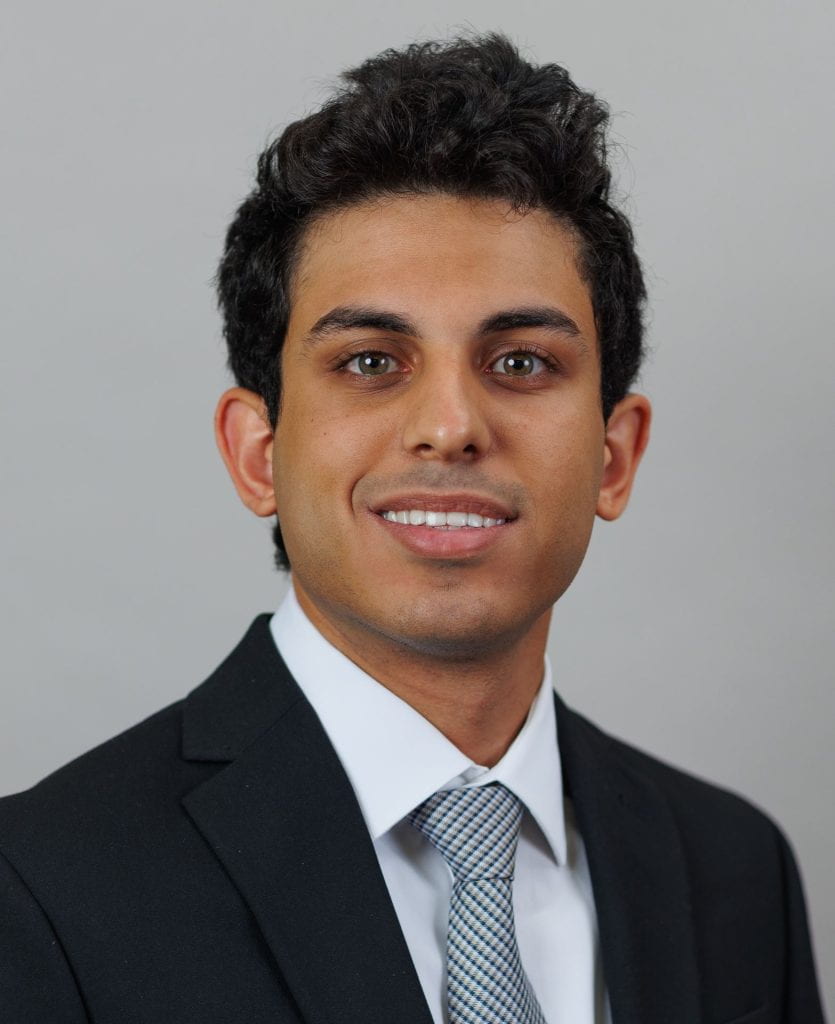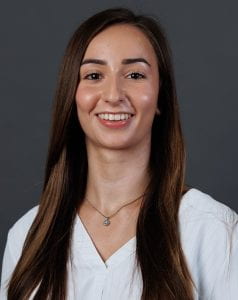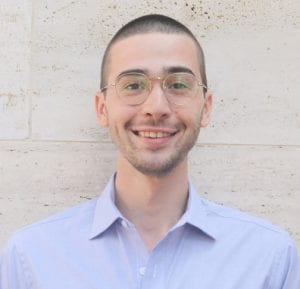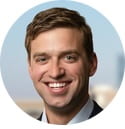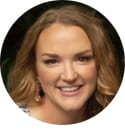We are often asked why Texas McCombs MPA students perform so well on the CPA exam. In the discussion that follows, we attempt to answer this and other frequently asked CPA exam and licensure questions. We hope this Q&A helps current and future MPA students better understand this challenging but rewarding pursuit!
Q: What is currently covered on the CPA exam?
With the CPA Evolution in 2024, the exam was restructured into three Core sections and three choices of Discipline sections. These changes aim to better align the exam with evolving demands of the profession, particularly in areas related to technology and data analytics.
Core sections include the following (and candidates must pass all three sections):
- Auditing and Attestation (AUD): Covers the principles and procedures related to auditing, including ethics, professional responsibilities, and standards.
- Financial Accounting and Reporting (FAR): Focuses on the preparation and presentation of financial statements, including the application of generally accepted accounting principles (GAAP) and other frameworks.
- Taxation and Regulation (REG): Covers federal taxation, ethics, professional responsibilities, and business law.
Discipline Sections (Candidates choose (and must pass) only one section):
- Business Analysis and Reporting (BAR): Emphasizes business analysis, financial management, and reporting, including the use of data analytics and technology in business decision-making.
- Information Systems and Controls (ISC): Focuses on IT infrastructure, cybersecurity, and controls, including the evaluation of system and organization controls (SOC) engagements.
- Tax Compliance and Planning (TCP): Covers personal financial planning, tax planning, and compliance, including the application of tax law.
More detail about these sections can be found in the AICPA’s Examination Blueprints.
Q: How will the MPA program prepare me for the CPA exam?
While the MPA curriculum is not specifically designed as CPA exam preparation, our MPA core and elective courses cover material tested on the exam. Students are naturally prepared for most of the exam simply by progressing through the core and making wise elective choices. These MPA courses align with each exam section.
AUD: ACC 380K.4-Auditing & Assurance Services; ACC 380K.13-Information Technology for Accounting & Control; ACC 383K.8-Advanced Auditing; ACC 387.1-Managerial/Cost Accounting.
FAR: ACC 380K.1-Financial Accounting Standards & Research 1 (Intermediate); ACC 380K.7-Financial Statement Analysis; ACC 380K.26-Government & Not-for-Profit Accounting; ACC 380K.31-Coding & Data Analysis in Accounting; ACC 387.1-Cost/Managerial Accounting.
REG: ACC 380K.11-Introduction to Taxation.
BAR: ACC 380K.1-Financial Accounting Standards & Research I (Intermediate); ACC 380K.2-Financial Accounting Standards & Research II (Advanced Accounting); ACC 380K.7-Financial Statement Analysis; ACC 380K.26-Government & Not-for-Profit Accounting; ACC 380K.31-Coding & Data Analysis in Accounting; ACC 387.1-Cost/Managerial Accounting.
ISC: ACC 380K.12-Computer Audit & Systems Security; ACC 380K.13-Information Technology for Accounting & Control; ACC 380K.31-Coding & Data Analysis in Accounting; ACC 383K.4-Fraud Examination; ACC 383K.7-Internal Auditing Practicum.
TCP: ACC 380K.11-Introduction to Taxation; ACC 380K.24-Financial Planning for Wealth Management; ACC 384-Tax Practicum; ACC 384.1-Tax Research Methodology; ACC 384.10-Corporate Tax; ACC 384.11-Flow-through Entities Tax.
While the program’s curriculum naturally prepares students for much of the exam, students will find that some exam areas might not have been covered in their courses (or remembered at test time). As a result, most students also use an outside review product. Many employers will pay for or reimburse future employees the cost of a review product such as Becker, Gleim, or Kaplan. The combination of foundational knowledge from MPA coursework and the structured refresher offered by an outside review course have been MPAs’ recipe for CPA exam success.
Q: Which discipline exam should I take?
In choosing a discipline exam, we advise you to consider your career aspirations. Which discipline aligns best with the type of roles and industries you are interested in? For example, if you’re interested in working in corporate finance or management accounting, BAR might be a good fit. If you’re drawn to IT and cybersecurity, ISC could be more suitable.
You should also assess your strengths and interests. Which discipline are you most passionate about or have the most experience in? If you have a background in tax or enjoyed your tax courses, TCP could be a natural choice. Talk with your peers, academic advisors and future employers about what they suggest, as well. More than one discipline section could be appropriate for your future career path, but only one discipline section is required.
Q: When do MPA students typically take the CPA exam?
Timing varies; balancing MPA coursework with demands such as employment recruiting, part-time work such as TA positions, and enjoying your time in Austin is critical. If your academic plan allows for a light load in your final semester, saving the CPA exam until this semester is a great plan. If your program of coursework has you taking a full load, beginning the exam as soon after graduation as possible is ideal. That way you are more likely to recall what you’ve learned and take advantage of your student mindset before a full-time work schedule commands your attention. In general, it is suggested that you study for approximately one month per exam section. If you seek your academic advisor’s guidance in this regard, they will help you in crafting an exam timeline that fits your academic, career, and life plans. Again, most MPAs complete the exam in their first year after graduation, and they typically perform well. You will, too!
Q: Where will I take the exam? Can I take it in Austin if I plan to earn my license in another state?
Yes! The CPA exam is administered by Prometric, which has locations throughout the U.S. For example, if you apply for the exam under California’s application process you will receive an approval code that allows you to schedule a testing appointment at the Prometric center in Austin or most major cities in Texas and the U.S.
To learn more about the Master in Professional Accounting program at Texas McCombs, click here




